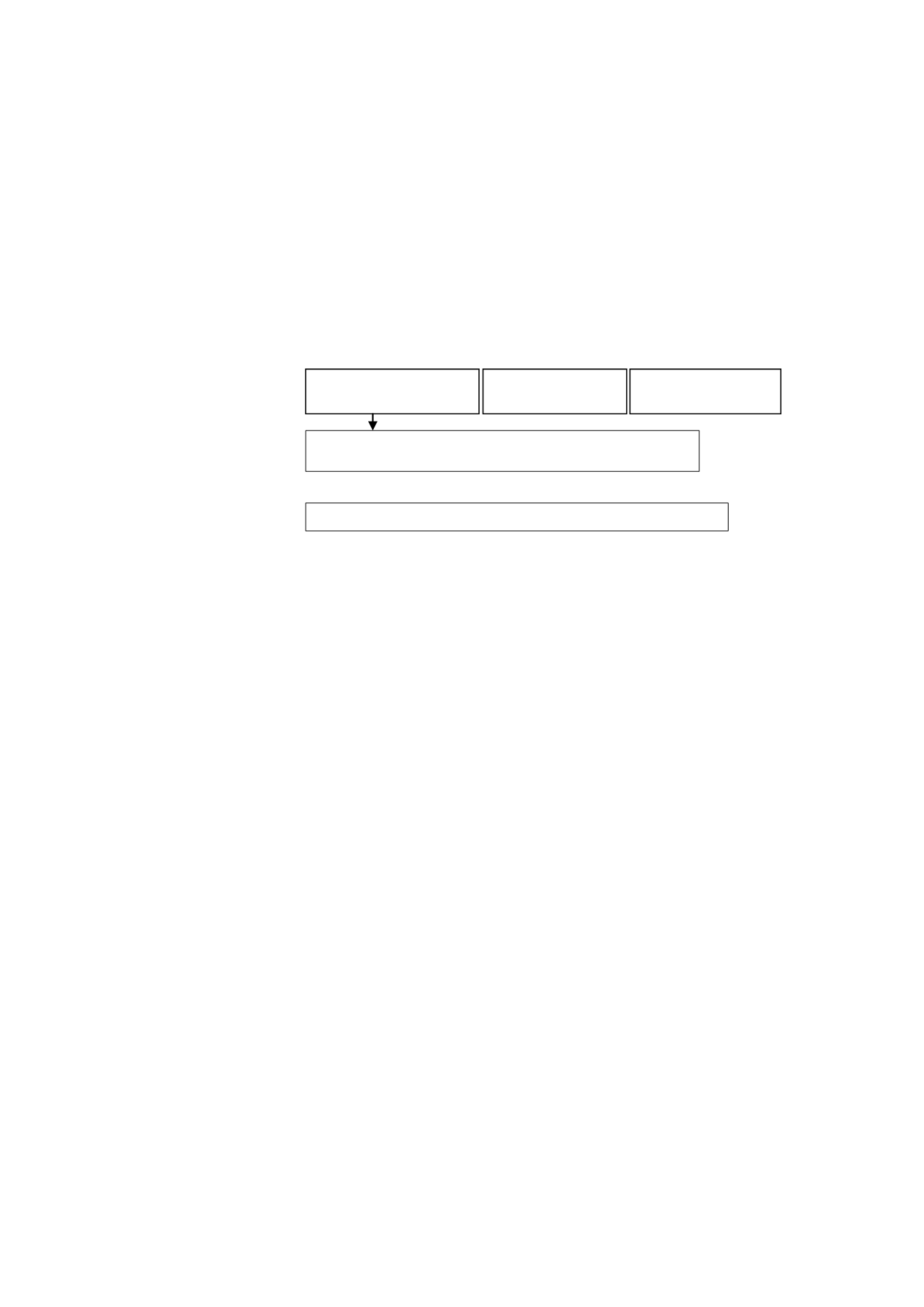

BEAM P
LUS FOR
E
XISTING
B
UILDINGS
E
NERGY
U
SE
(E
U
)
V
ERSION
1.2
Copyright © 2012 BEAM Society Limited. All rights reserved.
Page 65
A
SSESSMENTS
The energy use assessments take account of the specific characteristics
of the building development, such as the type and usage of premises it
houses and the range and operational characteristics of the systems and
equipment required to meet the needs of users, and comprise three
parts:
estimated Full Building Annual Energy Use (and where appropriate,
Maximum Electricity Demand) for heating, cooling, lighting,
equipment small power, etc.;
features and performance of specific systems and equipment; and
testing and commissioning of systems and provisions that facilitate
energy efficient management, operation and maintenance.
B
ACKGROUND
Electricity generation accounts for around 60% of the total CO
2
emissions from energy use in Hong Kong, and buildings, particularly air-
conditioned buildings, account for more than half of the electricity
consumed each year. Ensuring buildings are designed for good energy
performance is the key to the conservation of resources and reductions
in environmental loadings.
Power stations operate under licences issued by the Director of
Environmental Protection, requiring operators to employ Best Practicable
Means to control emissions to acceptable levels. However, a growth in
demand is resulting in the construction of further generation,
transmission and distribution capacity. Mainly because of air-
conditioning, buildings are responsible for much of the peak load that
occurs around midday during summer months. Demand side
management can reduce the rate of expansion of supply-side capacity
and emissions to the atmosphere.
A
NNUAL
E
NERGY
U
SE AND
M
AX
E
LECTRICITY
D
EMAND
S
YSTEMS
+E
QUIPMENT
P
ERFORMANCE
P
ROVISIONS FOR
E
NERGY
M
ANAGEMENT
E
NERGY USED FOR
A
IR
-
CONDITIONING
(H
EATING AND
C
OOLING
)T
HE
B
UILDING
/P
REMISES
+
E
NERGY USED FOR
L
IGHTING
, E
QUIPMENT
, S
MALL
P
OWER AND ETC
.


















